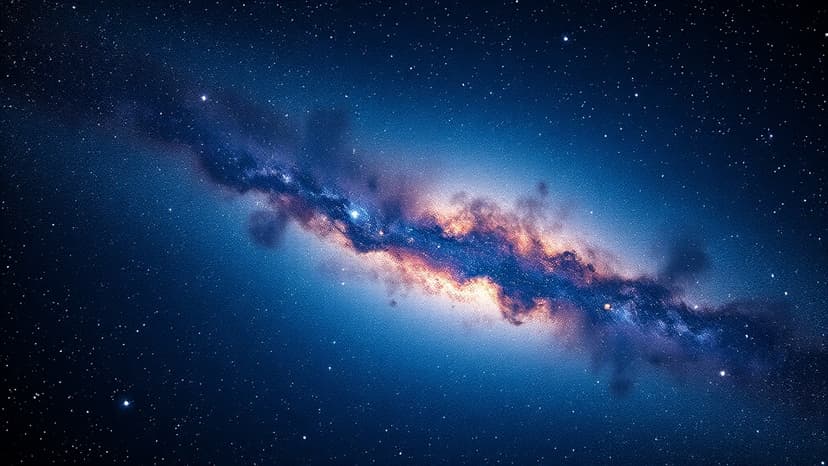Home / Science / Astronomers Challenge Nobel Prize Theory, Suggest Universe Could End in 'Big Crunch'
Astronomers Challenge Nobel Prize Theory, Suggest Universe Could End in 'Big Crunch'
10 Nov, 2025
Summary
- Astronomers cast doubt on Nobel prize-winning theory of accelerating universe expansion
- Findings suggest universe's expansion may be slowing down, not accelerating
- Implications for dark energy, which could be weakening over time

In a significant development in cosmology, astronomers have cast doubt on a Nobel prize-winning theory that the expansion of the universe is accelerating. Their research suggests the universe's expansion may actually be slowing down, with dark energy - the mysterious force thought to be driving the acceleration - potentially weakening over time.
If confirmed, these findings would mark a major paradigm shift in our understanding of the cosmos. Rather than expanding forever, the universe could ultimately enter a reverse 'big bang' scenario known as the 'big crunch'. This would have profound implications for the fate of the universe.
The study, led by Prof. Young-Wook Lee of Yonsei University in South Korea, re-examined the observations of distant supernovae that originally led to the discovery of dark energy and the accelerating expansion theory. By using a different method to estimate the ages of the host galaxies, the researchers concluded there are systematic biases in the supernova data that skewed the original findings.
While the universe is still expanding, the new analysis indicates this expansion is actually decelerating, not accelerating as previously believed. The researchers also suggest dark energy is evolving much more rapidly than previously thought, potentially weakening to the point of becoming negative and triggering a 'big crunch'.
These provocative results are likely to face heavy scrutiny from the scientific community. However, with an independent study by the influential Desi consortium reaching similar conclusions earlier this year, a fierce debate is now unfolding in cosmology over the nature of dark energy and the ultimate fate of the universe.




